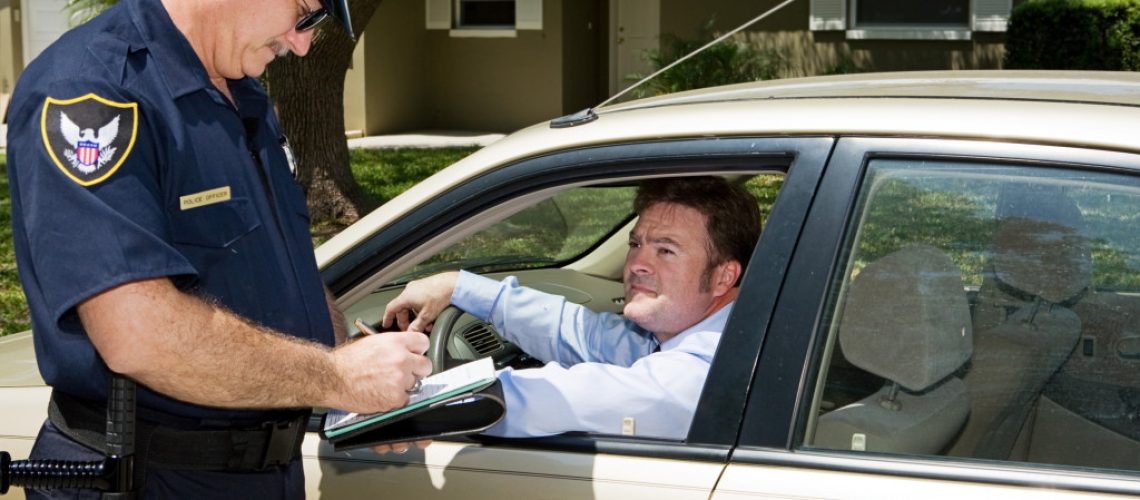In an ideal world, every one of us should trust police officers of all stripes. But our world is not perfect, and we already know that there are plenty of cops out there who won’t mind abusing their badge and position of power. When this happens, civilians need to know their rights and how to protect themselves from abusive cops. Here is everything you need to know about your rights and how to interact with police officers in case of a traffic accident or if you’re pulled over on the road.
Be civil
Before we move on to your rights, here are some basic behavioral things you need to be aware of in case you get into an accident on the road or if a police officer pulls you over:
- Look for a safe spot to pull your vehicle over.
- Active your turn signal or flasher.
- Stay calm. If you didn’t do anything wrong, there’s no need to be on the defense.
- Place the car in park mode and turn off the ignition.
- Wait for the officer to give you instructions before doing anything else.
- Be respectful, cooperative, and civil. There’s no need to argue if you are given a ticket, especially since you can defend yourself in court or enlist the services of a car accident lawyer if there are any discrepancies.
- Don’t worry about signing the citation. It’s not an admission of guilt; it’s a recognition that you received it and that you are planning to abide by the law by paying the fine or showing up in court.
Know your constitutional rights

The Fifth Amendment gives you the right to remain silent if you want. Knowing the basics like the Fourth Amendment, on the other hand, will remind you that you are protected from unreasonable search and seizure. This means that you don’t need to consent to a search. You must not consent to it. This is because when you give consent, and they find evidence, it will be harder to challenge it in court. At the same time, if a police officer has legitimate grounds to search your car, they will do it regardless of whether you consent or not. So if there are no grounds for it, you can be assured that an officer won’t insist on it.
Here are some instances when searches without a warrant might take place:
-
Search incident to arrest
or when the authorities have grounds to arrest the driver.
-
Probable cause search
or when the officers have a justifiable belief that evidence of a crime or a weapon might be found on the driver or inside the car.
-
Inventory search
or when the police arrest the driver and seize and impound the car to make an inventory of the list of items inside the vehicle. This search usually takes place so that the authorities can avoid civil liability for damage or loss of the vehicle owner’s property.
More tips
There are no two ways about it: Whoever holds the badge will largely be in control of how things turn out during a road accident or when a driver is pulled over, which is why it’s extremely beneficial for civilians to know their constitutional rights, but it is also equally valuable to use common sense when encountering the authorities.
Plain view
A police officer has the right to a visual scan of the vehicle’s interiors, and you must assume that if they see any sign of illegal activity in plain view, it can and will lead to a more invasive search. For example, if they find a bag of cocaine in the car, you must assume they will ask for a more thorough search. Plain view also includes smell, so if they smell a whiff of alcohol or marijuana, and you live in a state where it’s illegal, you might have to expect a longer stop, and you might have to get ready to consult with your attorney.
Consent
To reiterate: You don’t need to say yes to a search if a police officer asks for it. But if they have legitimate grounds for it, they will still search, regardless of you not providing consent.
Ultimately, the best way to keep your record clean and protect yourself from potentially problematic cops is by driving safely and being a law-abiding citizen. Stay in your lane, use your common sense, be a careful driver, and you most likely won’t have to worry about it. Know your rights and consult with lawyers if necessary so you can be armed with information that can protect you.

